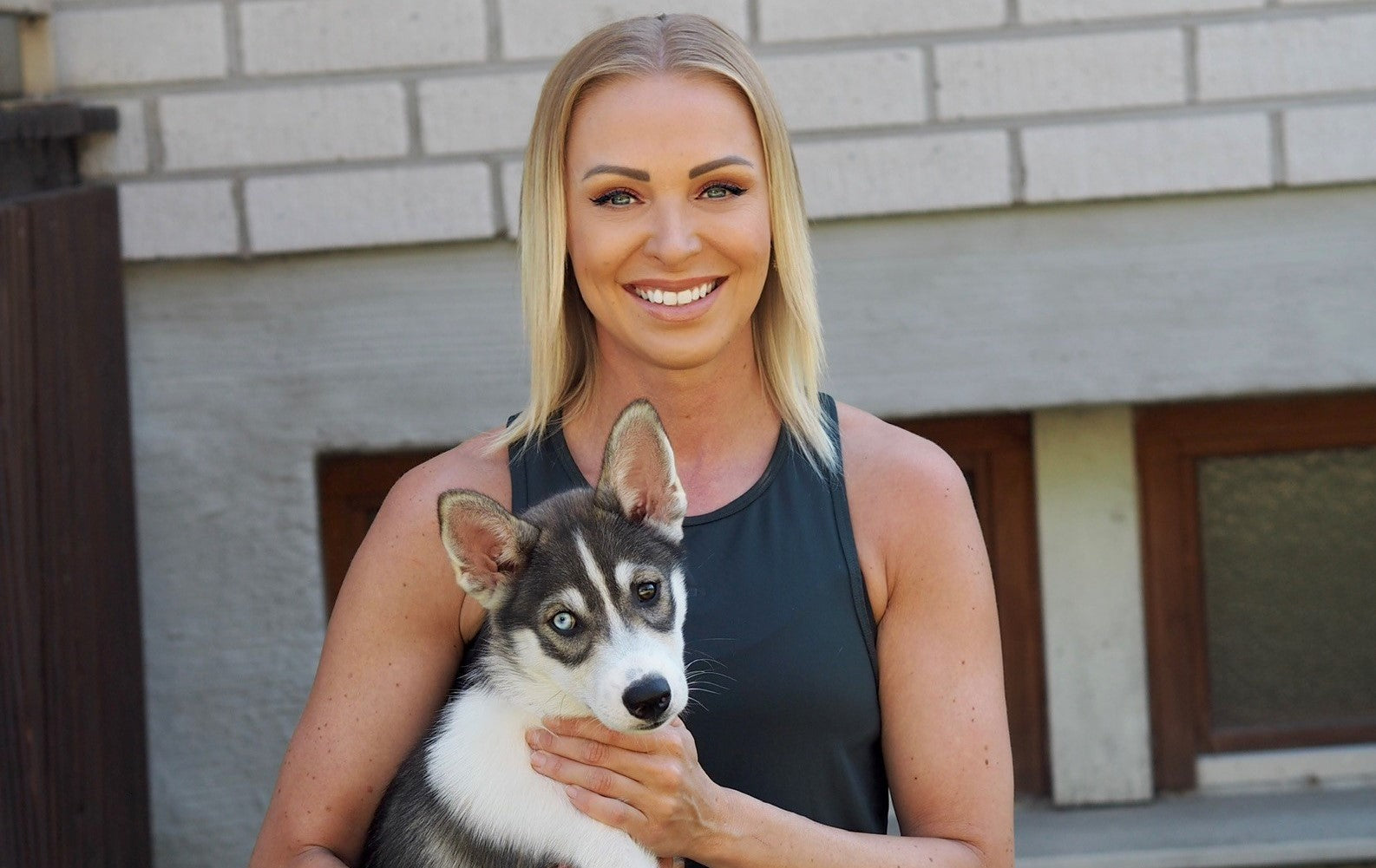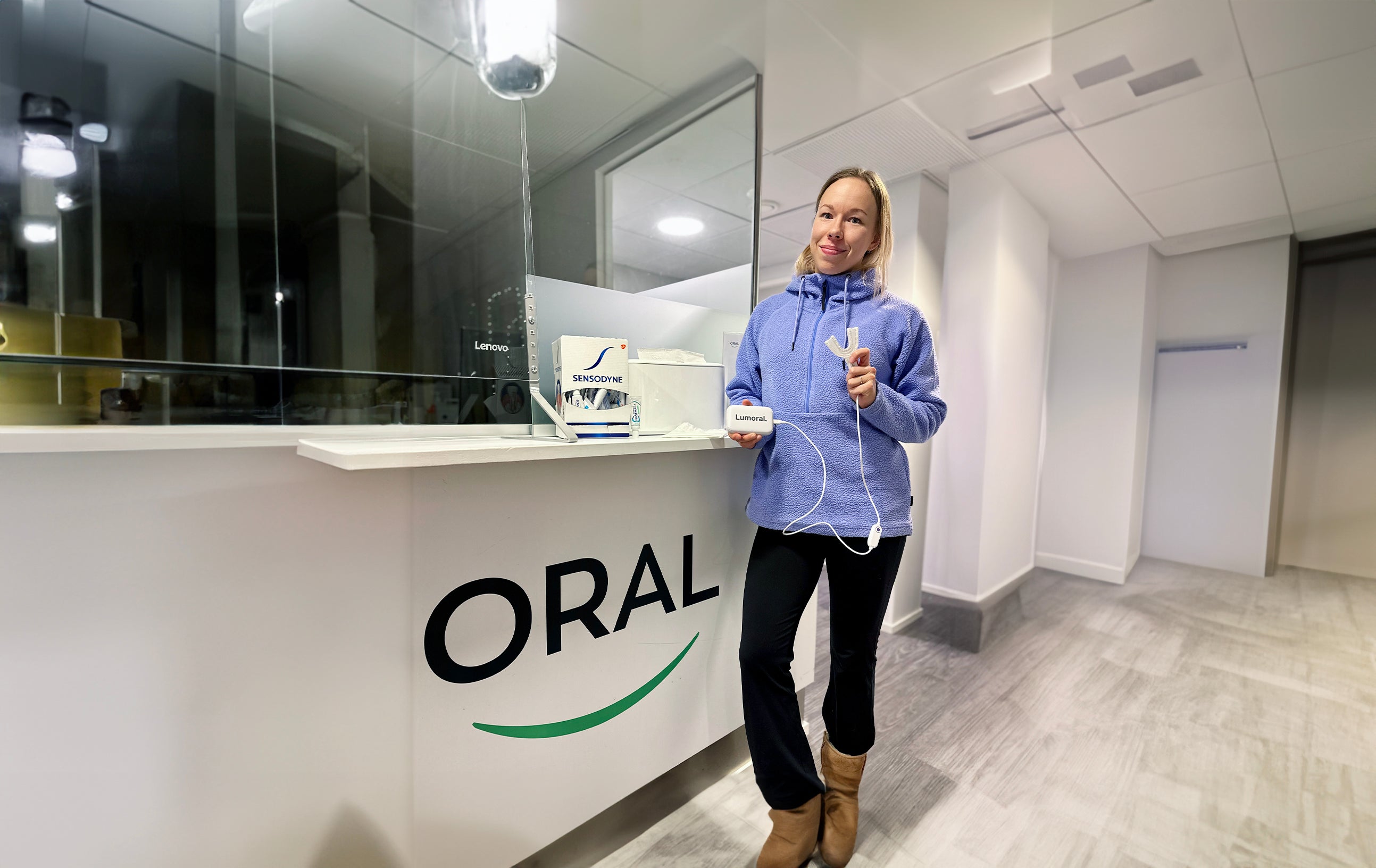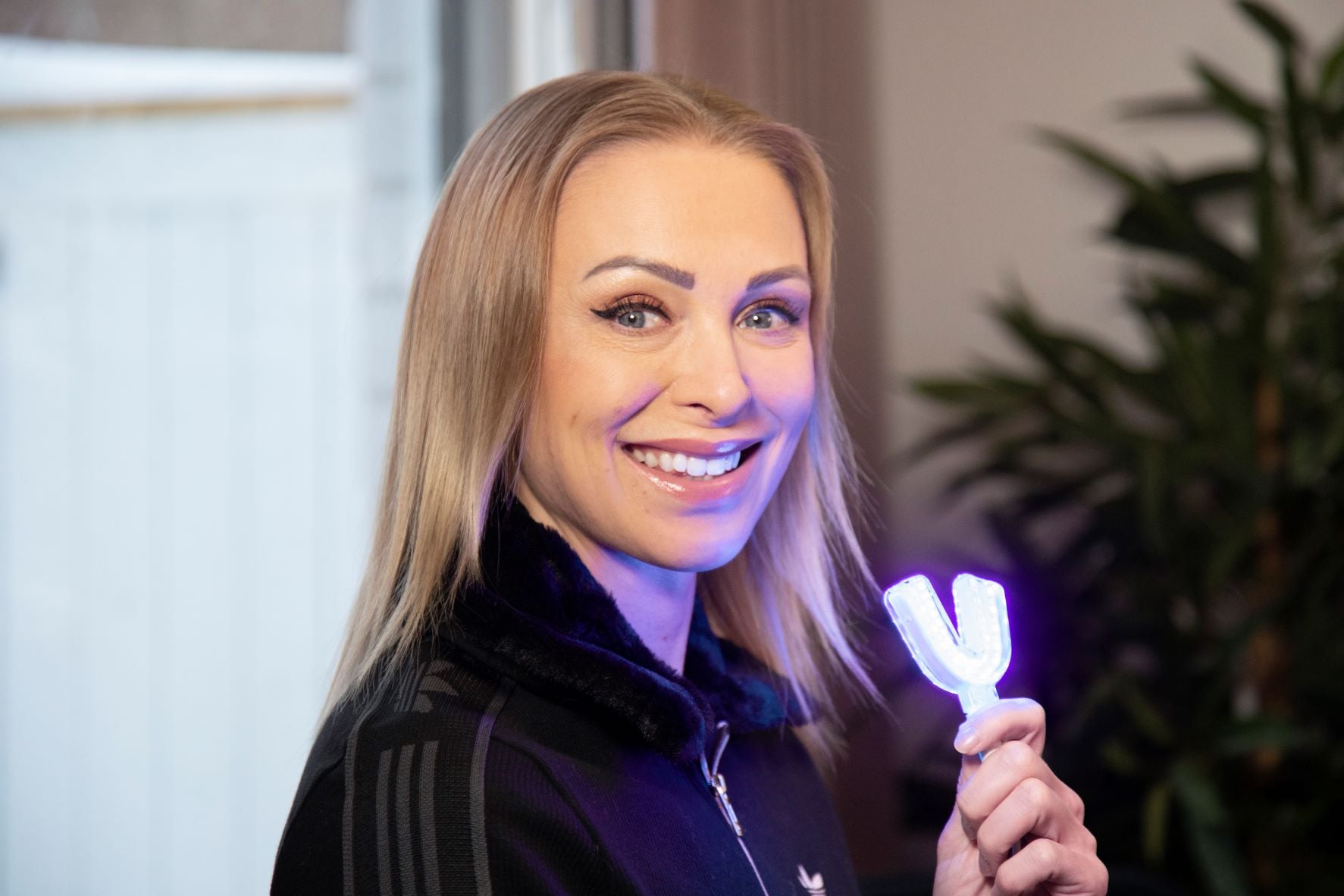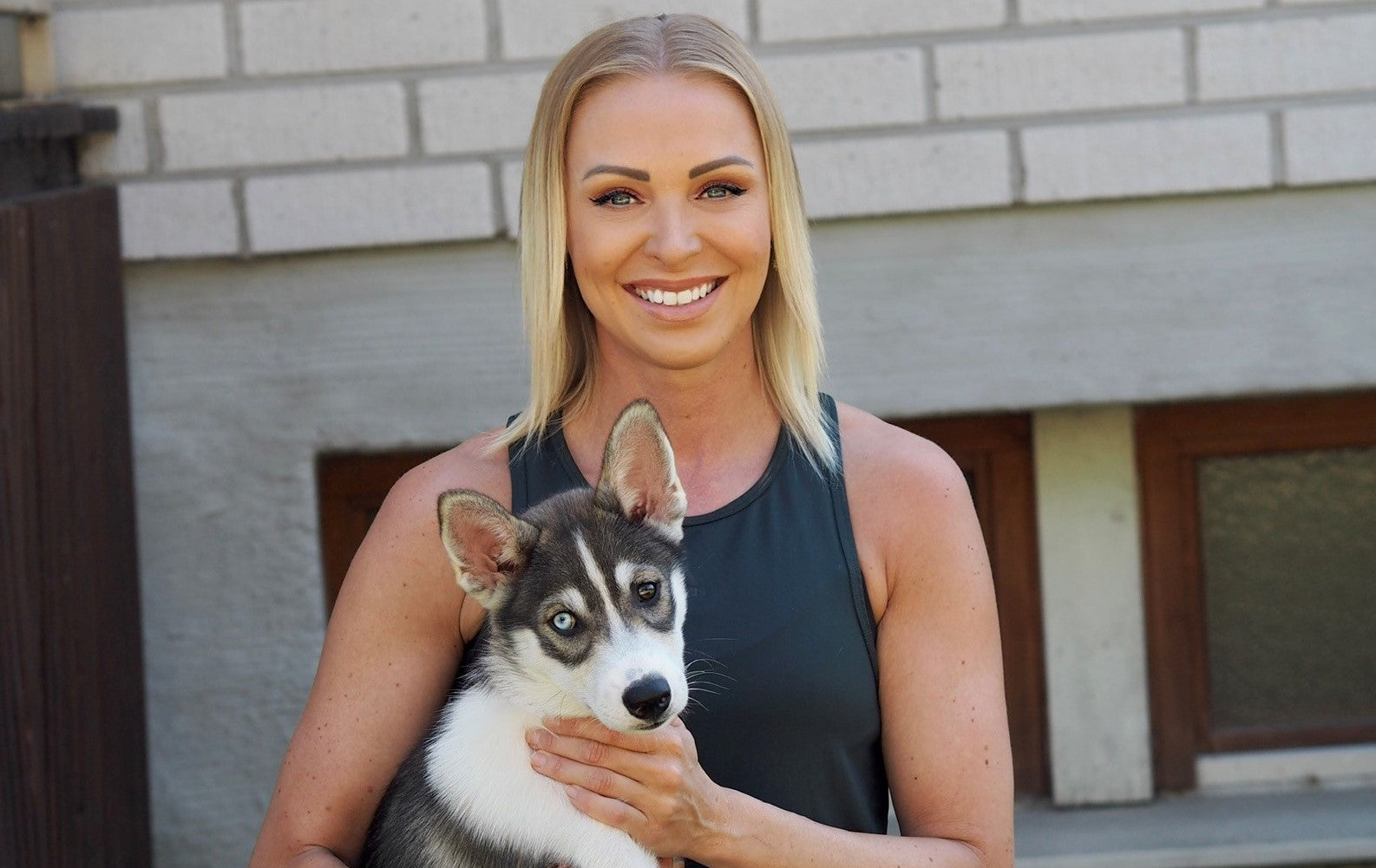- All posts
- 8 Media Venture
- althetics
- aMMP8
- Annimari Korte
- Antibiotic resistance
- Apotek Härtat
- Aqua Dental
- athlete
- Award
- Baltics
- Bonnier
- Bonnier News
- Brain health
- Business
- Cancer
- cardiovascular disease
- caries
- Chemo therapy
- children
- collaboration agreement
- Croatia
- Denmark
- Denta
- Dental erosion
- Dentex
- diabetes
- Dual Light
- Duodecim
- EFP
- EFR
- Estonia
- EuroPerio
- event
- Expodental
- FIBO
- fund raising
- general health
- Gingivitis
- Gum disease
- HAP
- HealthHub Pharma
- HIDES
- Hospital infections
- hospital-acquired pneumonia
- IBD
- Iceland
- IDS COLOGNE
- implantology
- invest
- investment
- italy
- Koite Health
- Latvia
- Lithuania
- lumoral
- Lumoral App
- Lumoral Junior
- Maritime industry
- Media
- MegaGen
- Movie
- News
- Nordic markets
- Nordics
- O
- Olympics
- Oral health
- Oral hygiene
- Oral mucositis
- Patent
- PDT
- peri-implantitis
- Perio Master Clinic
- Periodontitis
- periodontology
- Photodynamic therapy
- Press
- Ranking
- Romania
- Scandinavian Society of Periodontology
- Science
- Seafarer
- Seedtable
- share issue
- Shareissue
- Siblings movie
- Spain
- spots
- Stroke
- Study
- sweden
- Tartar
- techtour
- Thailand
- UK
- United States
- Valentine's Day
- WHO
- World Cancer Day
- World Health Day
- World Heart Day
- world oral health day
- World Smile Day

Good oral health is vital for athletes
Those who play sports are at greater risk of dental diseases such as caries and periodontitis. Therefore, taking care of your oral health is particularly important because problems can also affect ...

If you want to improve your athletic performance, there are many things you can do. Contrary to popular belief, maintaining optimal oral health can significantly impact athletic performance, as con...

Annimari Korte - "No more colds since I began focusing on my oral health."
Annimari Korte (35) is renowned for her sports track achievements and extensive sports career. However, many may need to realize that she is also a passionate advocate for oral health within and be...

World's Fastest Dental Nurse Aims for the Olympics
Finnish sprinting star Aino Pulkkinen (25) has successfully combined a rising athletic career with a profession as a dental nurse at a dental clinic in Jyväskylä, Finland. Balancing high-level spor...

A healthy mouth supports top athletes’ performance and sports goals
Research shows a direct link between oral health and sports performance. Thus, Annimari Korte, a Finnish Olympic athlete, finds it disappointing that sports bodies such as her home country’s Olympi...

Pets bring balance to a top athlete’s everyday life
For a top athlete, sport is the number one thing in life – everything else is on its terms. Annimari Korte's days consist almost entirely of training, eating, and resting. Her two Siberian Huskies ...